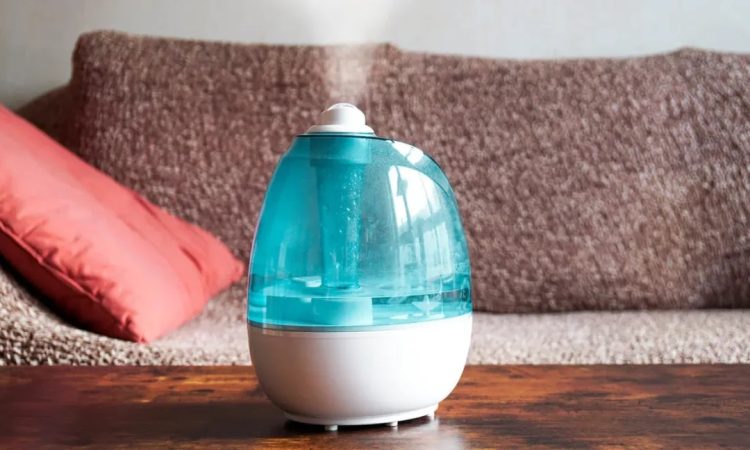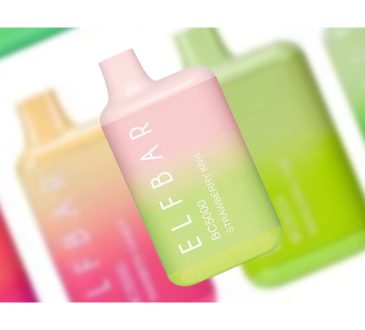Air Quality and Allergy Relief: Should You Choose a Humidifier or Air Purifier?

For individuals struggling with allergies or respiratory issues, improving indoor air quality is often a key step toward relief. Two popular appliances designed to enhance air quality are humidifiers and air purifiers. Though they may seem similar, these devices serve different purposes. A humidifier adds moisture to dry indoor air, which can soothe irritated sinuses and ease breathing. An air purifier, on the other hand, cleans the air by removing allergens such as pollen, pet dander, mold spores, and dust particles. Choosing between these appliances depends largely on your specific symptoms and environmental conditions. Knowing about the humidifier vs air purifier difference is essential here.
When a Humidifier is Beneficial for Allergy Relief
Dry air can exacerbate allergy symptoms, causing dry, itchy, or irritated sinuses and throat discomfort. During colder months or in arid climates, indoor heating systems often strip moisture from the air, leading to dry nasal passages that can become inflamed and more vulnerable to allergens. A humidifier increases indoor humidity levels, which helps keep mucous membranes moist and can reduce the severity of symptoms like congestion and sinus irritation. However, it’s important to maintain the humidifier properly, as excess moisture can encourage mold and dust mites, potentially worsening allergies if not controlled.
How Air Purifiers Help Combat Allergens
Air purifiers work by filtering the air to remove airborne particles that trigger allergic reactions. Using HEPA filters, these devices trap pollen, dust mites, pet dander, and mold spores, preventing them from circulating and irritating sensitive respiratory systems. For people with pollen sensitivity or indoor allergies, air purifiers provide significant relief by reducing the allergen load in the air. Additionally, air purifiers with activated carbon filters can absorb odors and chemical irritants, creating a fresher environment. Unlike humidifiers, air purifiers do not add moisture to the air, making them suitable year-round and especially helpful in areas with poor air quality.
Choosing Based on Your Specific Symptoms and Environment
If your allergy symptoms mainly involve dry, irritated sinuses, scratchy throat, or dry skin, a humidifier may be the better choice. Adding moisture to the air can soothe these symptoms and improve comfort, especially in winter months. However, if you suffer from sneezing, watery eyes, or breathing difficulties due to airborne allergens like pollen or pet dander, an air purifier is likely more effective. Many people benefit from using both devices together—maintaining optimal humidity while also filtering allergens out of the air. It’s crucial to monitor humidity levels and keep them between 30-50% to avoid promoting mold growth.
Final Thoughts: Balancing Humidity and Clean Air for Allergy Relief
Both humidifiers and air purifiers play important roles in managing allergies and respiratory issues, but they target different aspects of indoor air quality. Humidifiers help maintain comfortable moisture levels, while air purifiers remove harmful allergens and irritants. Understanding your symptoms and environment can guide you to the best solution. For comprehensive allergy relief, combining a well-maintained humidifier with a quality air purifier often provides the most balanced and effective approach. Always consult healthcare professionals if allergy symptoms persist or worsen despite environmental adjustments.










